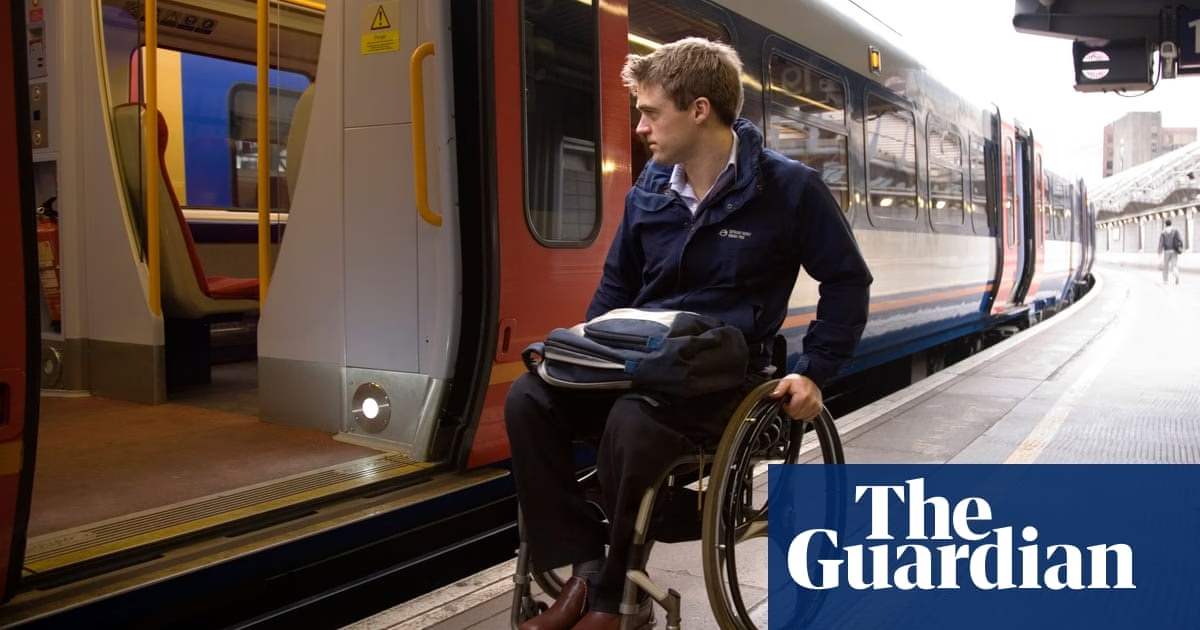Railway operators in the United Kingdom might soon be required to offer significantly higher compensation to disabled passengers who are unable to access trains despite pre-arranging assistance.
The Office of Rail and Road (ORR), the rail regulator, has alerted train and station operators that they can no longer cap compensation claims for failures at the cost of the ticket alone. This decision follows a legal case where a disabled passenger was awarded ten times more by a court (£1,200) than what the rail ombudsman offered (£125) after failure to provide pre-booked boarding assistance.
Passengers with disabilities have the option to request a range of assistance, including help with luggage, station navigation, boarding, and disembarking from trains, as well as ramp provision through the Passenger Assist service. Despite being bookable up to two hours before travel, these services have been reported to leave many stranded at stations and on trains.
Former Paralympic athlete Tanni Grey-Thompson notably experienced such an incident at King’s Cross station, where she had to crawl off her train and seek help. Advocates and legal professionals, including those involved in Doug Paulley’s case, argue that current railway compensation policies and equal rights infringements fail to address the distress endured by disabled travelers.
Paulley, a disability rights activist, was denied the pre-booked assistance while trying to catch a night train to Scotland. Although he did board with crew assistance, he pursued a claim against Network Rail, which initially awarded him £125. Paulley subsequently won £1,325 in court. He posits that assistance failures are too frequent and lack urgency from the industry, advocating for these issues to receive the same priority as safety incidents.
Under guidelines for damages similar to compensation for emotional distress under the Equality Act, the minimum payout is £1,200. Paulley believes this level of financial consequence would encourage railways to prioritize the issue.
Claire Hann, a solicitor, has written to the ORR concerning Paulley’s case, indicating that many disabled passengers face similar experiences. She emphasizes the widespread nature of the problem and its substantial impact.
While the ORR recognizes that Passenger Assist services are generally provided well, it admits that there are too many failures. A 2023-2024 passenger survey found 5% of assisted travelers unable to complete their journey due to missing assistance, yet only 23% of those affected sought compensation. The regulator emphasizes its commitment to ensuring necessary assistance and will now consider compensation cases on an individual basis rather than the fare paid.
Stephanie Tobyn, the ORR’s Director of Strategy, Policy, and Reform, stated that while the industry is listening to affected passengers, a review of compensation for these failures is considered necessary.
The Rail Delivery Group, representing station and train operators, expressed a desire to build a more accessible railway, stating commitment to improving assistance reliability. While acknowledging the existing challenges, they underscored the importance of getting it right for every passenger.
Source: https://www.theguardian.com/uk-news/2025/may/18/uk-train-companies-could-have-to-pay-disabled-passengers-more-compensation-after-rule-change








